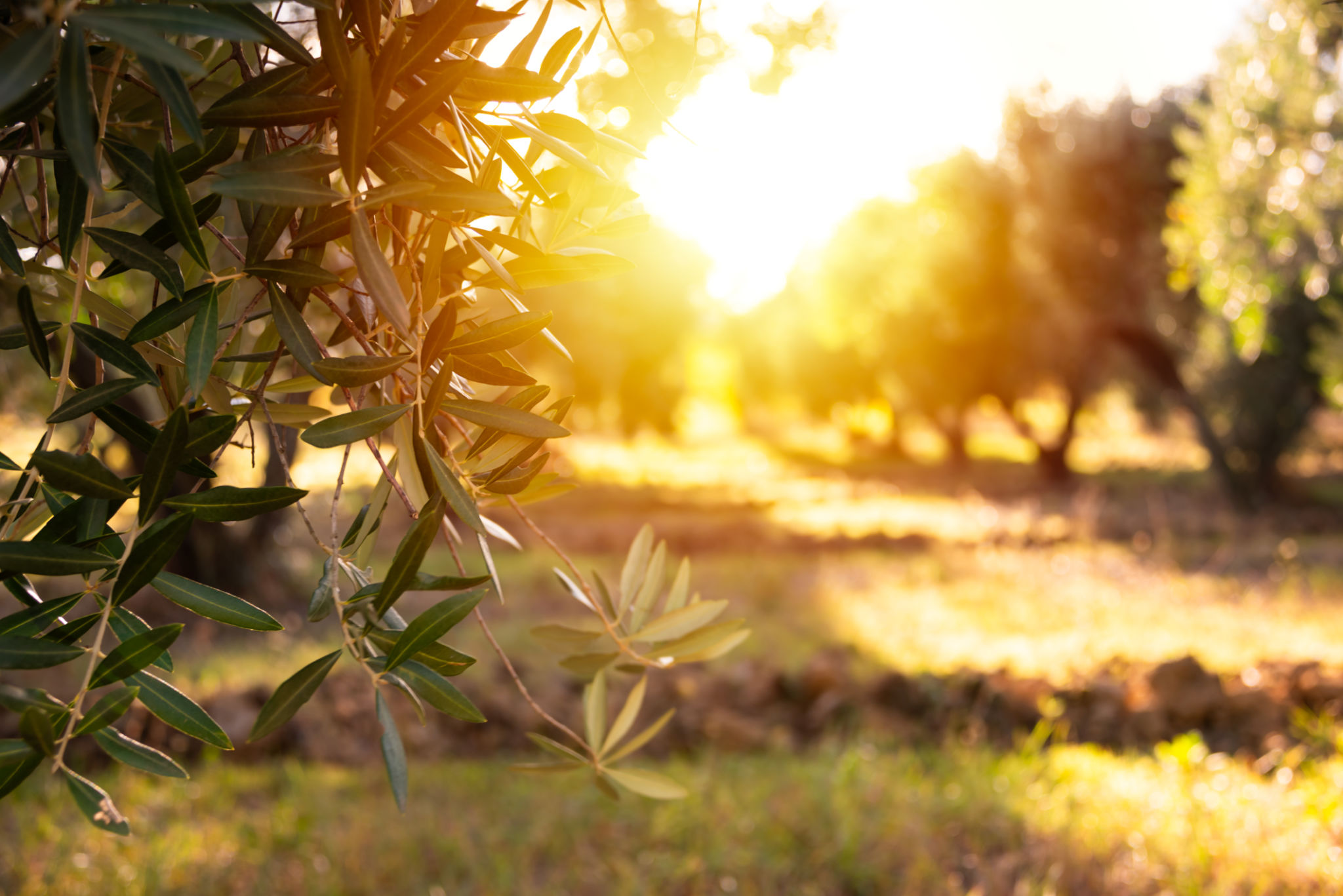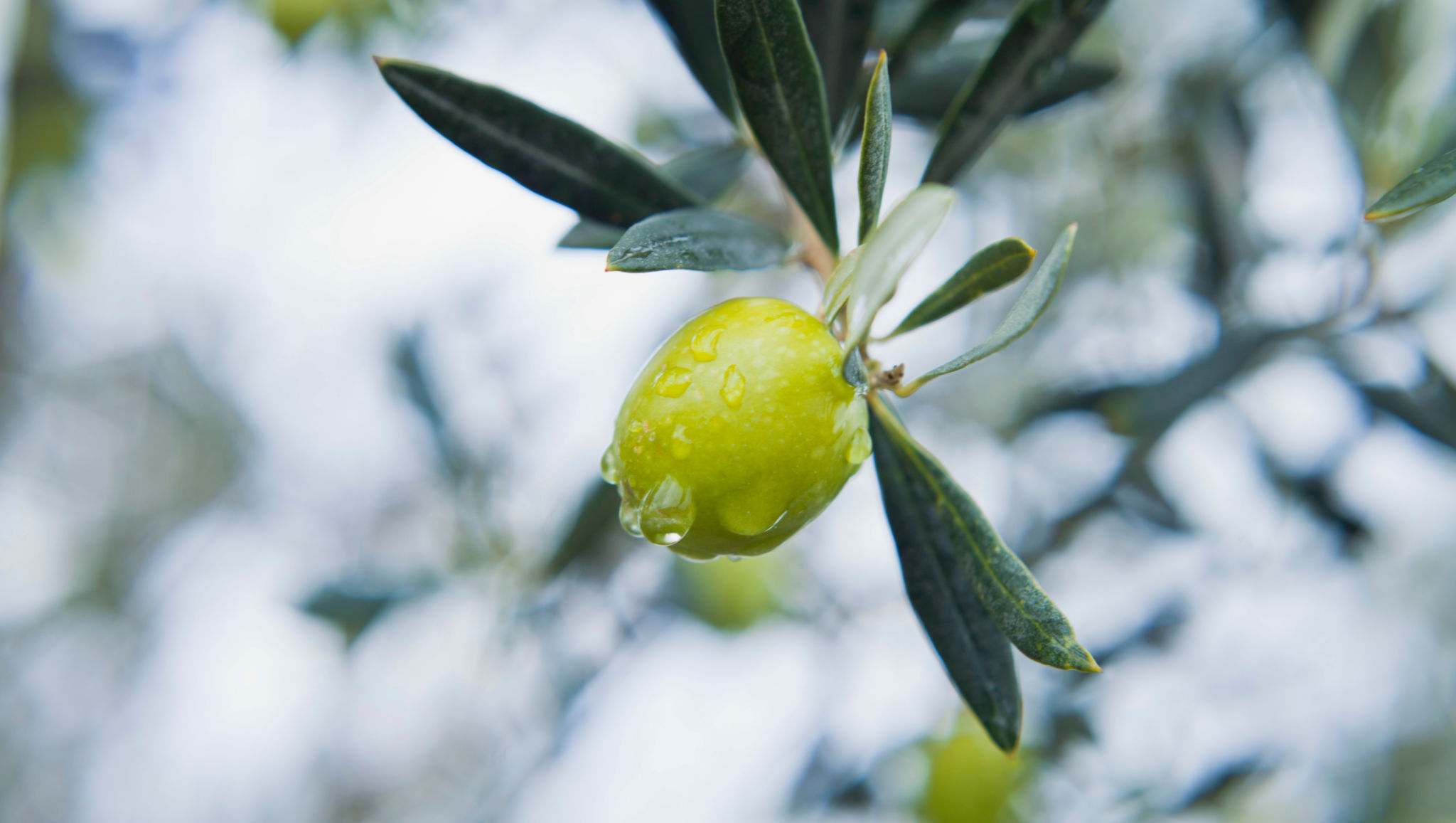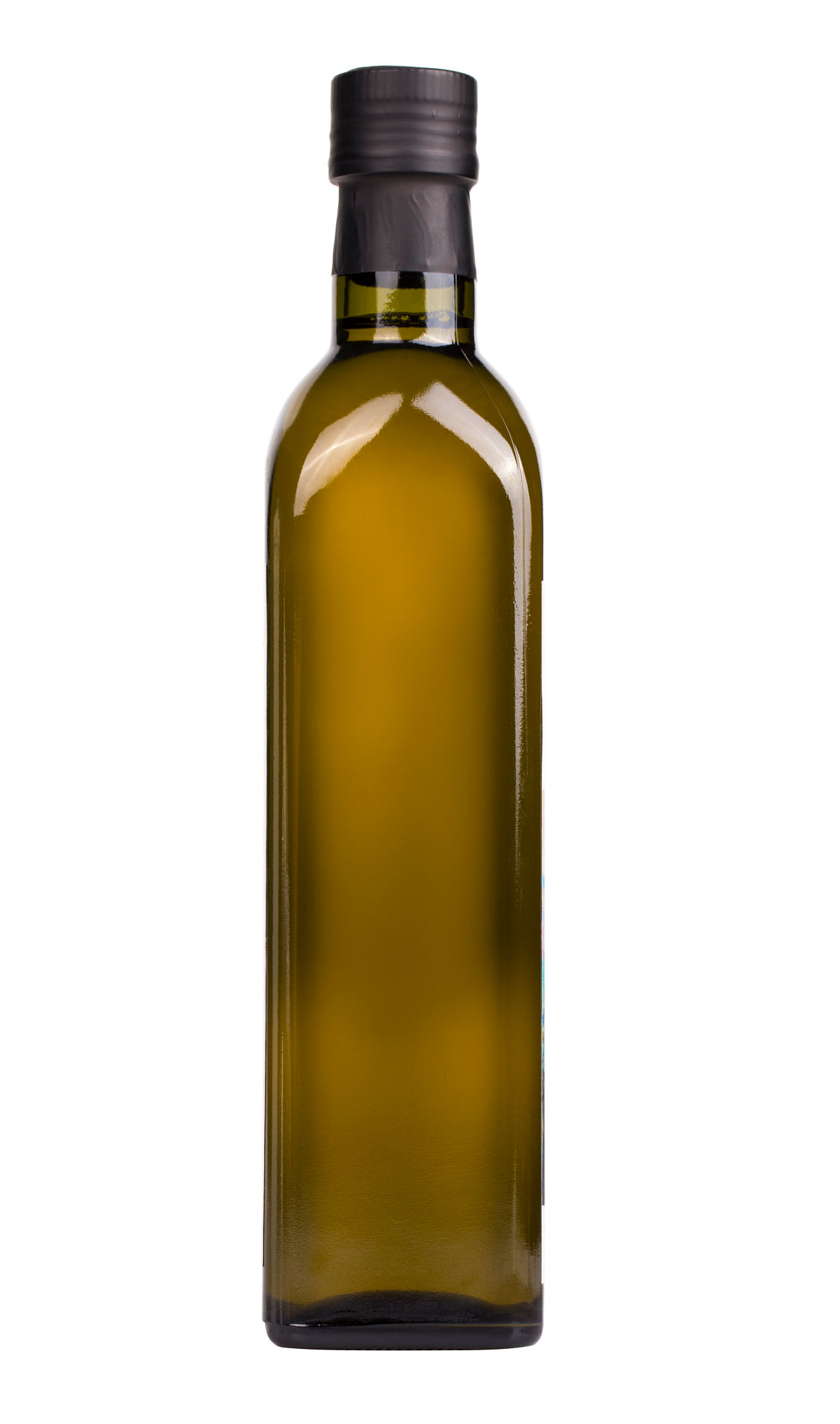The Impact of Climate on Olive Oil Production in Greece
NB
Understanding Greece's Olive Oil Heritage
Greece is renowned for its rich history and tradition in olive oil production, a craft that dates back thousands of years. The country is home to millions of olive trees, many of which are centuries old, providing a testament to the enduring nature of this vital agricultural practice. Olive oil is not just a product in Greece; it is a cultural symbol deeply interwoven with Greek identity and cuisine.
Olive Oil and Climate: A Symbiotic Relationship
The production of olive oil in Greece is heavily influenced by the country's unique climate. The Mediterranean climate, characterized by hot, dry summers and mild, wet winters, creates ideal conditions for olive cultivation. However, with the increasing unpredictability of weather patterns due to climate change, the traditional balance is being disrupted.

The Effects of Temperature Variations
Temperature plays a crucial role in olive oil production. Olives thrive in warm temperatures, but extreme heat can stress the trees and reduce yields. Recent trends indicate rising temperatures across the Mediterranean region, which can lead to early flowering and fruiting, potentially impacting the quality and quantity of the harvest.
Moreover, heatwaves can cause dehydration of the soil, affecting water availability for the trees. This can lead to smaller olives and reduced oil content, ultimately impacting the profitability for farmers who rely on high-quality produce.
Changing Rainfall Patterns
Rainfall patterns have also shifted, with some regions experiencing prolonged droughts while others face unexpected heavy rains. Both scenarios pose challenges for olive farmers. Insufficient rainfall can lead to water stress, affecting tree health and fruit development. Conversely, excessive rain during critical growth periods can lead to diseases such as olive fruit fly infestations or fungal infections.

Strategies for Adapting to Climate Change
Greek olive oil producers are adopting various strategies to mitigate the impact of climate change. These include implementing advanced irrigation systems, selecting drought-resistant olive varieties, and employing sustainable farming practices. Such adaptations are essential to maintain production levels and preserve the quality of Greek olive oil.
Furthermore, some producers are exploring organic farming methods that enhance soil health and biodiversity, contributing to more resilient agricultural systems. By embracing innovation while respecting tradition, Greece's olive oil industry aims to navigate the challenges posed by a changing climate.
Economic Implications
The economic impact of climate change on olive oil production is significant. As Greece is one of the largest producers of olive oil in the world, fluctuations in production can affect both domestic markets and international exports. Reduced yields may lead to increased prices, impacting consumers and potentially altering global market dynamics.

The Future of Olive Oil Production in Greece
Despite the challenges posed by climate change, there is optimism in the Greek olive oil industry. Continued investment in research and technology is crucial for developing new methods to counteract climatic effects. Collaborative efforts between scientists, farmers, and policymakers are essential to ensure the sustainability of this vital industry.
Ultimately, preserving Greece's olive oil heritage requires a delicate balance between innovation and tradition. As producers adapt to new realities, they remain committed to delivering high-quality olive oil that continues to be a staple of Greek culture and cuisine worldwide.